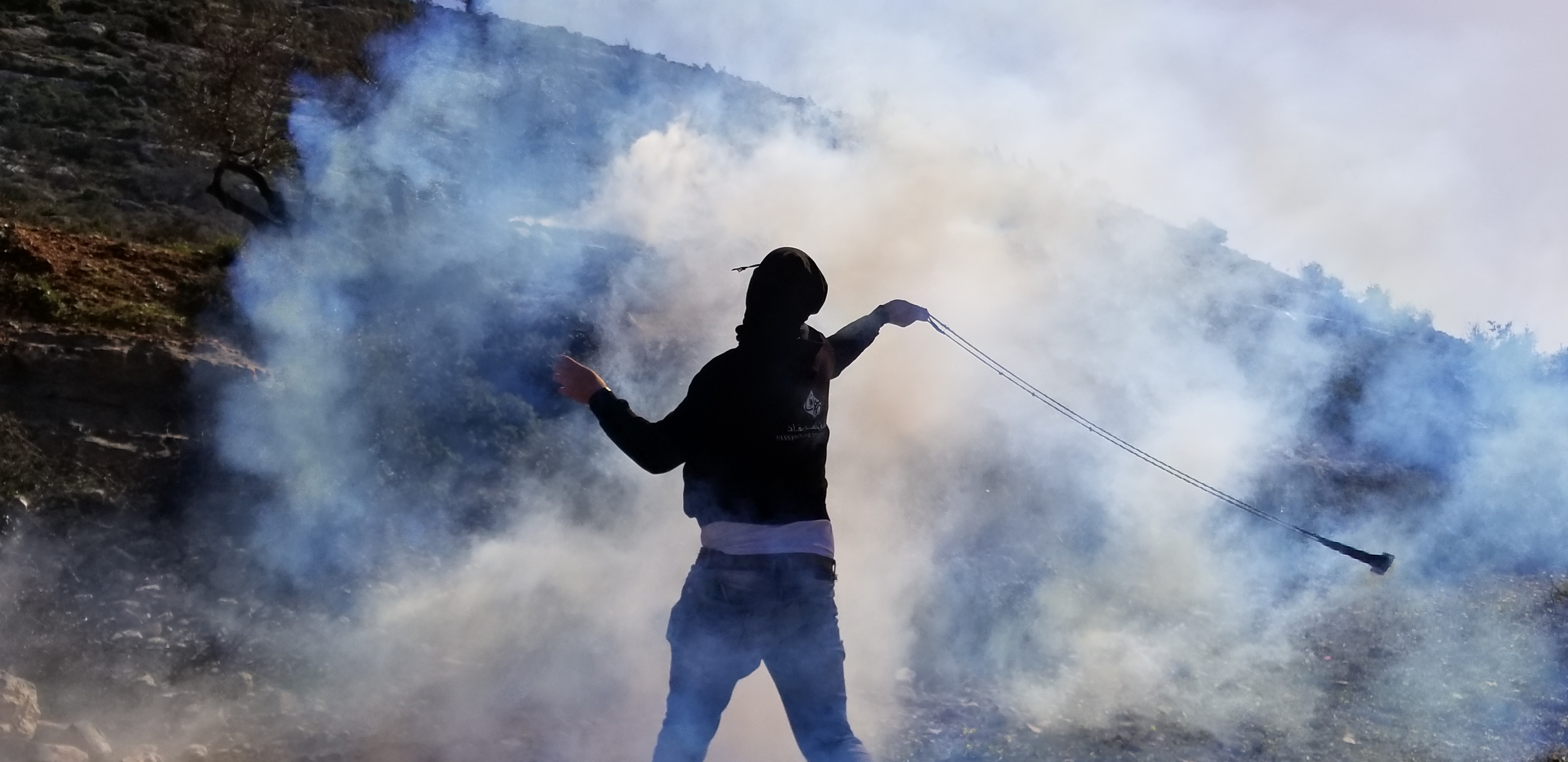Category: Journals
-
Another interesting week in sunny Palestine
January 2019 | International Solidarity Movement, Al-Khalil team | Hebron, occupied Palestine Al Khalil (Hebron), occupied West Bank, Palestine, late January 2019 It’s the first day of winter term for Palestinian schoolkids. Israeli settlers from the colonies in and around Al Khalil, the Israeli Border Police, and the Israeli Defense Force, are all known for…
-
Anat Cohen assaults ISM volunteers in Al-Khalil (again)
[three_fifth_last]February 08, 2019 | International Solidarity Movement, Al-Khalil team | Al-Khalil, occupied Palestine ISM volunteers were detained by Hebron Police for over 8 hours after Anat Cohen assaulted them outside the Qurtuba school checkpoint on Thursday. In direct response to the violence waged against Palestinians at the hands of illegal settlers (and the military that…
-
Call for volunteers after TIPH & EAPPI exodus from Hebron
1st February 2019 | International Solidarity Movement, Al-Khalil team | Hebron, occupied Palestine In the wake of TIPH being ejected from Al-Khalil (Hebron), it’s critical for ISM to sustain an international presence to protect the Palestinians. After an Israeli settler murdered 29 worshippers while they were praying at the Ibrahimi Mosque in Hebron in 1994,…



